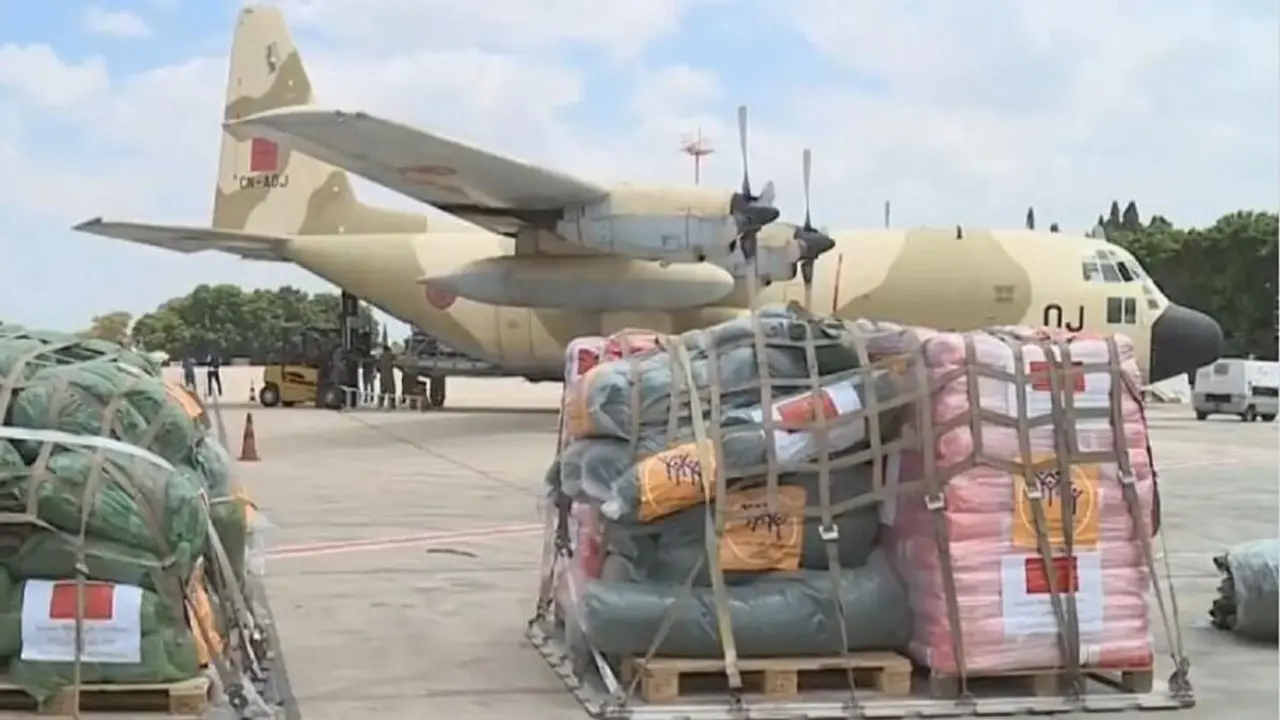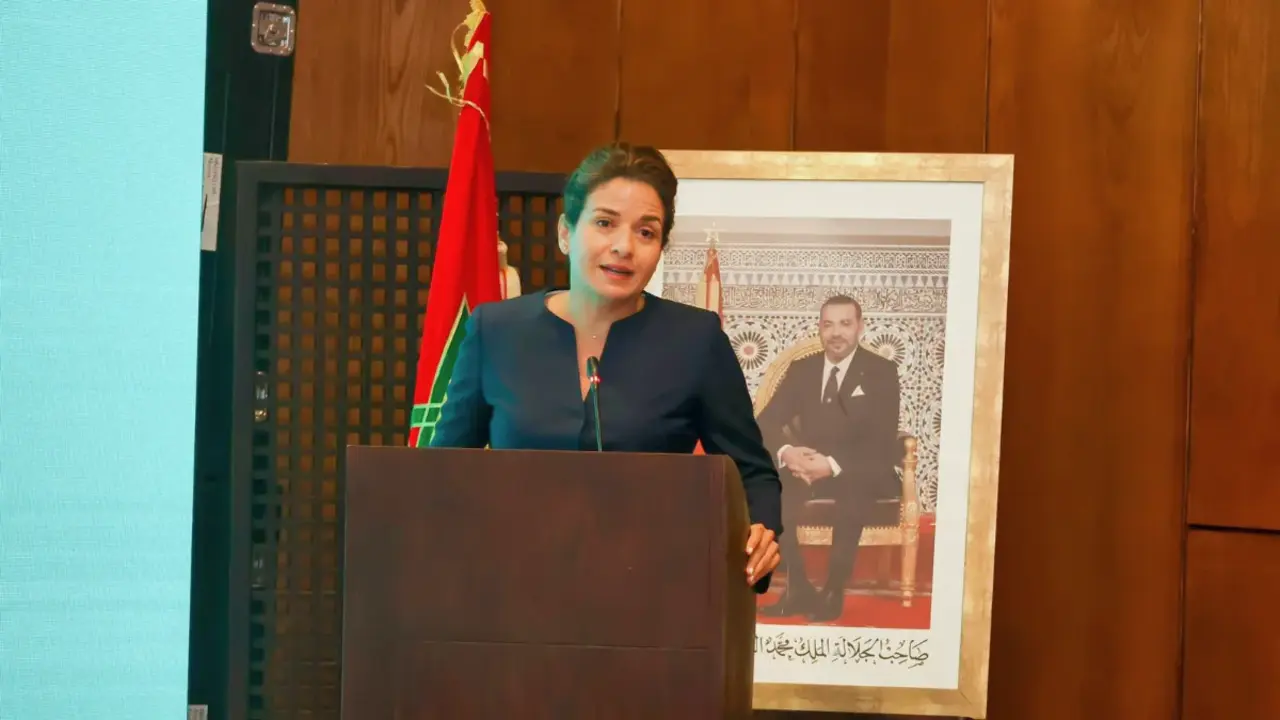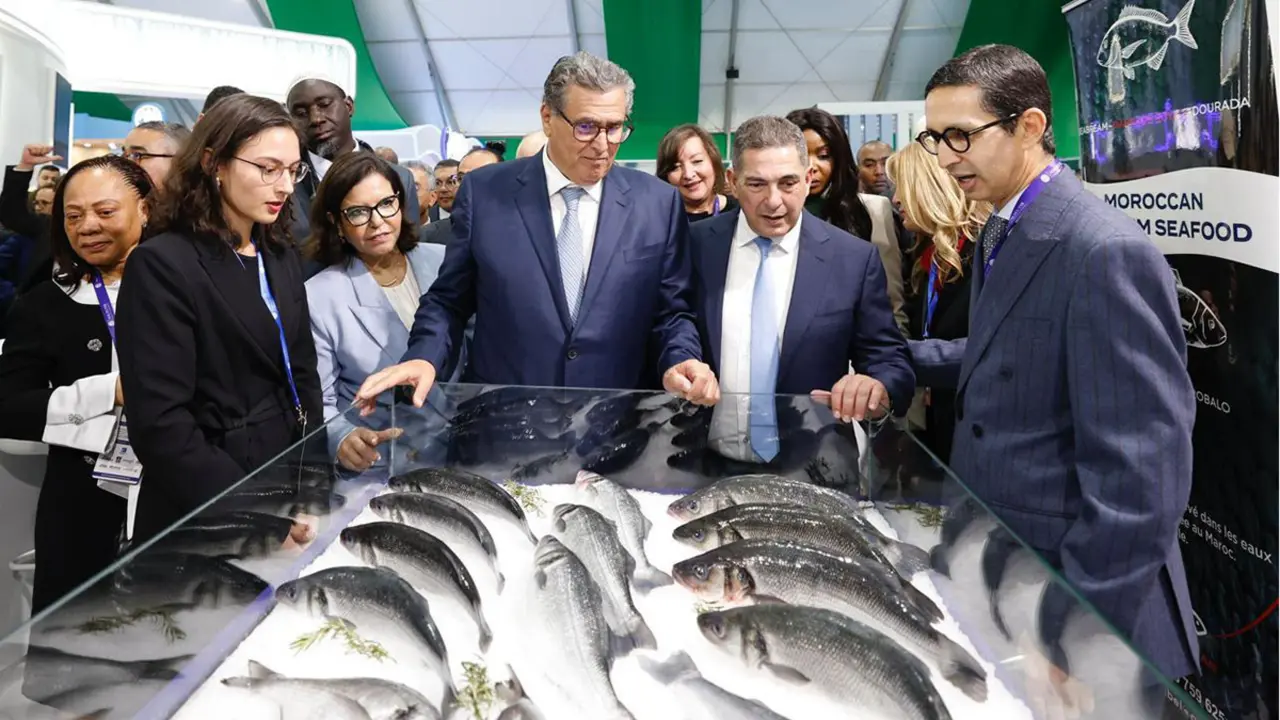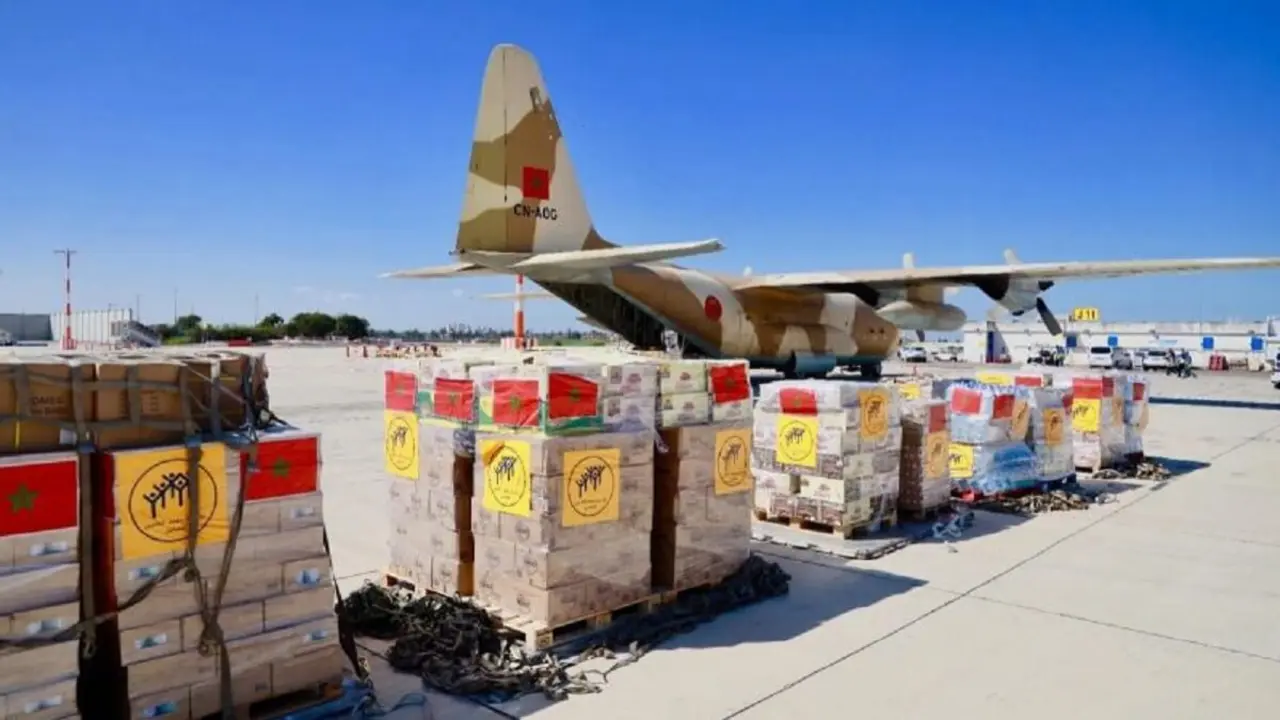Smuggling in the Sahel: The route of arms, gas and gold

In Burkina Faso, Cameroon, Chad, the Gambia, Guinea, Mali, Mauritania, Niger, Nigeria and Senegal, a tangled web of human trafficking has developed along the Sahel, a region stretching almost 6,000 kilometres from the Atlantic Ocean to the Red Sea and home to more than 300 million people.
The UN describes the Sahel as a region in crisis: its inhabitants suffer from constant insecurity, climate disruption, wars, coups, and the rise of criminal and terrorist networks. UN agencies estimate that more than 37 million people will need humanitarian aid in 2023, some three million more than in 2022.

How to solve the security problem
Security has long been an issue in the region, but the situation deteriorated markedly in 2011 following the NATO-led military intervention in Libya, which led to the ongoing destabilisation of the country.
The ensuing chaos and porous borders hampered efforts to stem illicit flows, and traffickers carrying stolen Libyan firearms entered the Sahel under the cover of insurgency and the spread of terrorism.
Armed groups now control large parts of Libya, which has become a major hub for traffickers. The terrorist threat worsened with the entry of the notorious Islamic State (ISIL) group into the region in 2015, according to data from the UN Security Council's Counter-Terrorism Executive Directorate (CTED).
A wide range of smuggled goods, from counterfeit medicines to AK assault rifles, are freely sold throughout the markets of the Sahel.
An estimated 500,000 sub-Saharan Africans die each year from smuggled medicines; in one single episode, 70 Gambian children died in 2022 after ingesting smuggled cough syrup. Fuel is another commodity trafficked by the protagonists: terrorist groups, criminal networks and local militias.
Closing crime corridors
To combat trafficking and other evolving threats, a group of countries in the region - Burkina Faso, Mali, Mauritania, Niger and Chad - formed, with UN support, the Group of Five Sahel Joint Task Force (G5 Sahel).
At the same time, they are increasing cross-border cooperation and the fight against corruption. National authorities confiscated tons of smuggled goods and prosecutions dismantled networks. Partnerships, such as the recently signed agreement between Côte d'Ivoire and Nigeria, combat illegal drug trafficking.
The United Nations Office on Drugs and Crime (UNODC) is a major player in efforts to strengthen security by curbing trafficking attempts.
Thus, in 2020, Operation KAFO II, coordinated by UNODC and INTERPOL, successfully disrupted a supply route for terrorist groups in the Sahel. Officers seized a large haul: 50 firearms, 40,593 sticks of dynamite, 6162 rounds of ammunition, 1473 kilograms of cannabis and khat, 2263 boxes of smuggled drugs and 60,000 litres of fuel.
Operations such as KAFO II provide valuable information on the increasingly complex and interconnected structure of this type of crime. They also show the importance of linking firearms and terrorist cases in different countries, taking a regional approach.

Anti-corruption measures
A series of new UNODC reports corroborate these findings, identifying the actors, facilitators, routes and volume of trafficking, revealing the commonalities between instability and chaos, and offering recommendations for action.
"Organised crime exploits vulnerabilities and also undermines the stability and development of the Sahel," says François Patuel, head of UNODC's Research and Advocacy Unit. "Joining forces and adopting a regional approach will lead to successes in the fight against organised crime in the region."
Crisis poses a global threat
The fight against organised crime is a central pillar in the broader battle to address the security crisis in the region, which UN Secretary General António Guterres has described as a global threat.
"Without action, the effects of terrorism, violent extremism and organised crime will be felt far beyond the region and the African continent," Guterres warned in 2022. "We must rethink our collective approach and be creative, going beyond current limits."

How the UN supports people in the Sahel
The Office of the UN High Commissioner for Human Rights (OHCHR) supports the G5 Sahel Force in the implementation and execution of measures to limit harm to civilians and combat human rights violations.
UNODC routinely joins partners, including INTERPOL, to cut supply routes.
The International Organization for Migration (IOM) crisis response plan aims to assist nearly 2 million affected people while addressing the structural causes of instability, with a specific focus on cross-border fragility.
The World Health Organisation launched an emergency appeal to fund health projects in the region by 2022, and is working with 350 health partners in six countries.
The UN Sahel Support Plan continues to promote coherence and coordination for greater efficiency and results within the framework of the UN Integrated Strategy for the Sahel (UNISS), in line with Security Council Resolution 2391.








